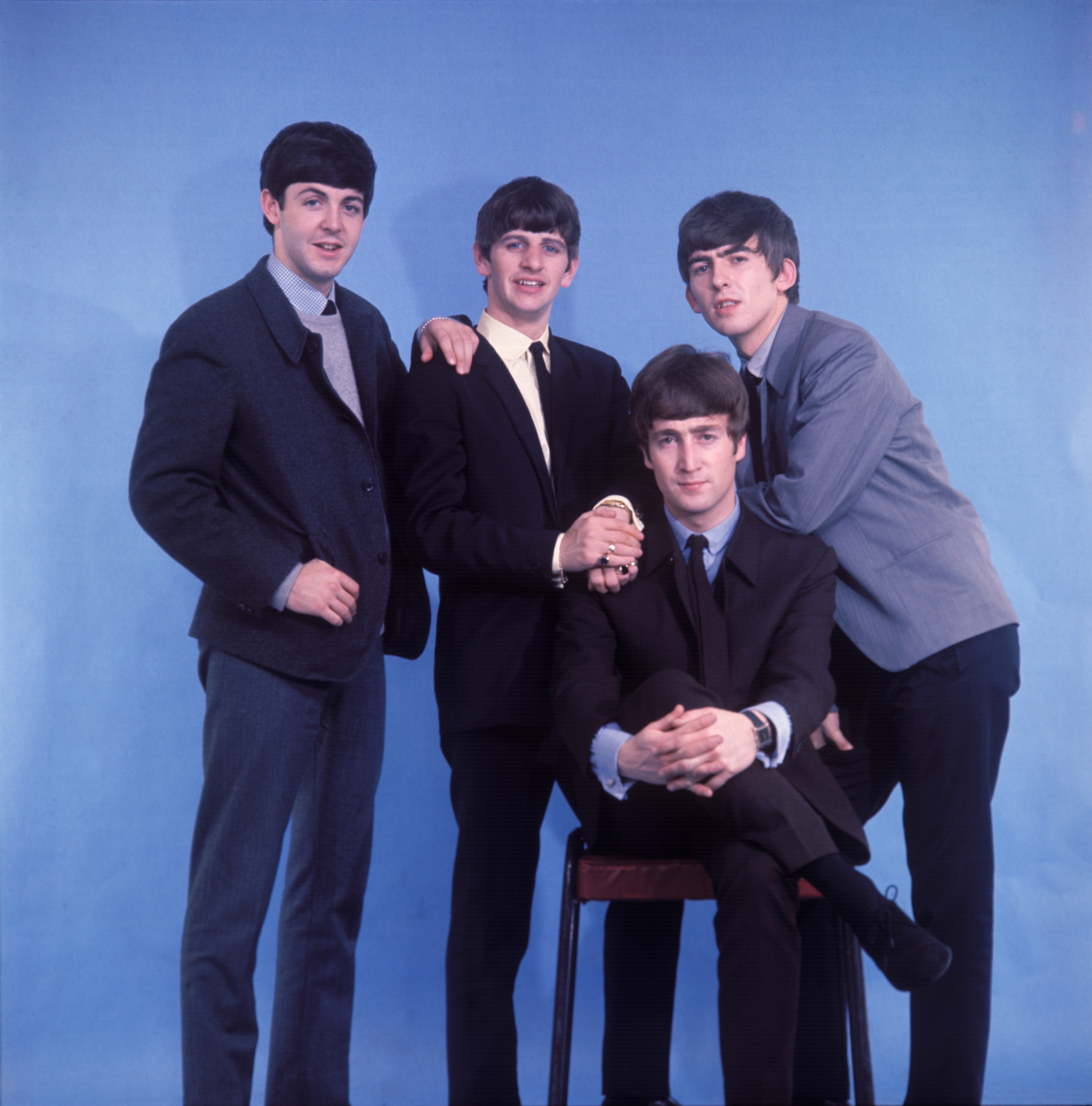“Revolver,” released in August 1966, stands as one of the most groundbreaking albums in the history of music. The Beatles, already a global sensation by this time, took a bold step away from the conventional pop sound that had made them famous. Instead, they ventured into new, experimental territories that would forever change the landscape of rock and pop music.
The album’s opening track, “Taxman,” sets the tone with its biting social commentary and innovative use of guitar riffs. Written by George Harrison, it reflects his frustration with the high taxes imposed on the wealthy in Britain, showing a more politically aware side of the band.
“Eleanor Rigby,” another standout track, showcases Paul McCartney’s storytelling prowess. Accompanied by a haunting string quartet, the song tells a poignant tale of loneliness and unfulfilled lives, a stark contrast to the typical pop songs of the era. This departure from the band’s usual style underscored their willingness to explore different genres and themes.
“Tomorrow Never Knows,” the album’s closing track, is perhaps the most experimental piece on “Revolver.” With its avant-garde production techniques, including tape loops and backward recordings, the song creates a psychedelic soundscape that was unlike anything listeners had heard before. John Lennon’s lyrics, inspired by the Tibetan Book of the Dead, add to the song’s mystique and depth.
“Revolver” also features other memorable tracks like “Yellow Submarine,” a whimsical tune sung by Ringo Starr that became a children’s favorite, and “Here, There and Everywhere,” a beautiful ballad showcasing McCartney’s melodic genius.
The album’s production, led by George Martin, played a crucial role in its success. Martin’s willingness to experiment with unconventional recording techniques and embrace the band’s creative ideas resulted in a unique and innovative sound. The use of automatic double tracking (ADT), close-miking techniques for the string instruments, and other studio innovations helped to push the boundaries of what was possible in popular music.
“Revolver” was not just a commercial success but also a critical one. It topped the charts in both the UK and the US, and its influence can be seen in countless artists and genres that followed. The album is often cited as one of the greatest in the history of rock music, and its impact on the evolution of modern music is immeasurable.
In essence, “Revolver” marked a turning point for The Beatles and for the music industry as a whole. It demonstrated that popular music could be both commercially viable and artistically ambitious, setting a new standard for future musicians. The Beatles’ willingness to take risks and explore new sonic landscapes ensured their legacy as pioneers of modern music










